Setting Pride Week straight
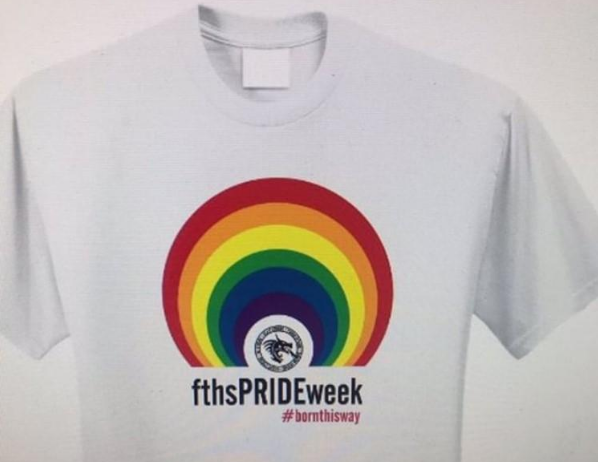
December 17, 2018
Last month, a student club known as the Queer Straight Alliance (QSA) hosted its own Pride Week at Foothill. Despite ultimately enjoying their right to host this event on campus undeterred, with rainbow flags and the like, many queer activists despaired at the school administration’s refusal to endorse the event—meaning that the club had to scrap its Pride Week t-shirts because they included Foothill’s iconography.
Rachel Chang infused her two cents into the situation, as written in a transcript of a public comment she gave at a school board meeting in a recent column.
“They can keep repeating that Pride Week happened the same with or without Foothill’s name on it, but it’s the concept behind it that’s most disappointing一that if I’m on the basketball team, the baseball team or the debate team or DTech or Bioscience, then I can have a T-shirt that proudly says I go to Foothill. But if I’m gay, then I can’t?”
As we shall soon see, Chang’s column, which castigated the school administration and implied Principal Joe Bova be fired if he didn’t apologize, was as ill-informed as it was inflammatory.
Her screed fails to acknowledge the difference between what is a club and what is a class. Dtech, Bioscience and the other academic/athletic groups Chang mentions are official classes included in the school curriculum, making them inherently part of the Foothill experience. They are orchestrated by Foothill staff and depend on the administration for resources. The QSA is nothing more than a congregation of like-minded students; Foothill is not integral to the QSA’s functioning as it is to a perennial academy like Bioscience.
An objection I anticipate is “what about Environmental Club?” Yes, Environmental Club t-shirt has “FTHS” on it, which brings up another difference: all that writing “FTHS” does is identify Environmental Club with the forum where it’s hosted, whereas combining the official school logo with a political symbol (the rainbow flag) constitutes an endorsement. One would be remiss to ignore these stark symbolic differences. Am I to believe that Chang would be okay with Foothill’s logo gracing the front of Men’s Rights Activists (MRA) shirts should such a student club organize?
I didn’t think so.
The law makes this distinction very clear. It is true that under the Equal Access Act (EAA), schools cannot “deny equal access or a fair opportunity to, or discriminate against, any students who wish to conduct a meeting within that limited open forum on the basis of the religious, political, philosophical, or other content of the speech at such meetings.” As anyone who attended school during Pride Week knows, the Foothill administration fulfilled its obligation to the EAA.
However, according to the National School Boards Association (NSBA), administrations have the right to “issue a general statement that they are not sponsoring student groups, but rather are merely providing all student groups an opportunity to meet.”
Additionally, the liberal American Civil Liberties Union (ACLU) goes a step farther in asserting that it isn’t just the right of schools to act neutrally towards clubs, but the very approach that the EAA encourages schools to take:
“As the Equal Access Act itself emphasizes, schools do not endorse the views or activities of any of the groups they allow to meet on campus; instead, they create a forum for the students to discuss the issues the students choose.”
This is exactly what the Foothill Administration did. In an article seldom remembered amidst all this noise, Principal Joe Bova affirmed that “when there’s activities (sic) on campus that are, let’s say, in support of particular groups,” they “really have to be student-led and student-sponsored.”
Unlike Chang, I fail to see the supposedly “alarming lack of transparency concerning issues that are of tremendous importance to us as students.”
This is not a “loose interpretation of the Ed. code” as she suggests it may be—it’s as strict and proper as can be. There’s no reason why the district policy shouldn’t be brought to the school board for examination if, after reading this article, people still disagree with what happened.
At this point, I sense that the readers who upvoted Chang’s article must feel a tinge of embarrassment, so let me just say this: if my goal was to wage an ideological crusade or witch hunt, as was the case against former Superintendent Creswell, then I’d probably miss the facts, too.
As a socialist, I’d imagine Chang is attuned to the fact that movements derive their strength from mass solidarity, not some nod of approval from the top of an administrative minority. Why should it matter whether the school stayed neutral if the queer community on campus felt accepted and empowered? If anything, outsourcing the sponsorship to students allowed for the queer community and its straight allies to demonstrate that inclusivity is a natural part of the student body—so manifest that it didn’t need to be pushed by the front office.
Bottom line is this: there is no need for panic and indignance. Principal Bova doesn’t owe anyone anything.


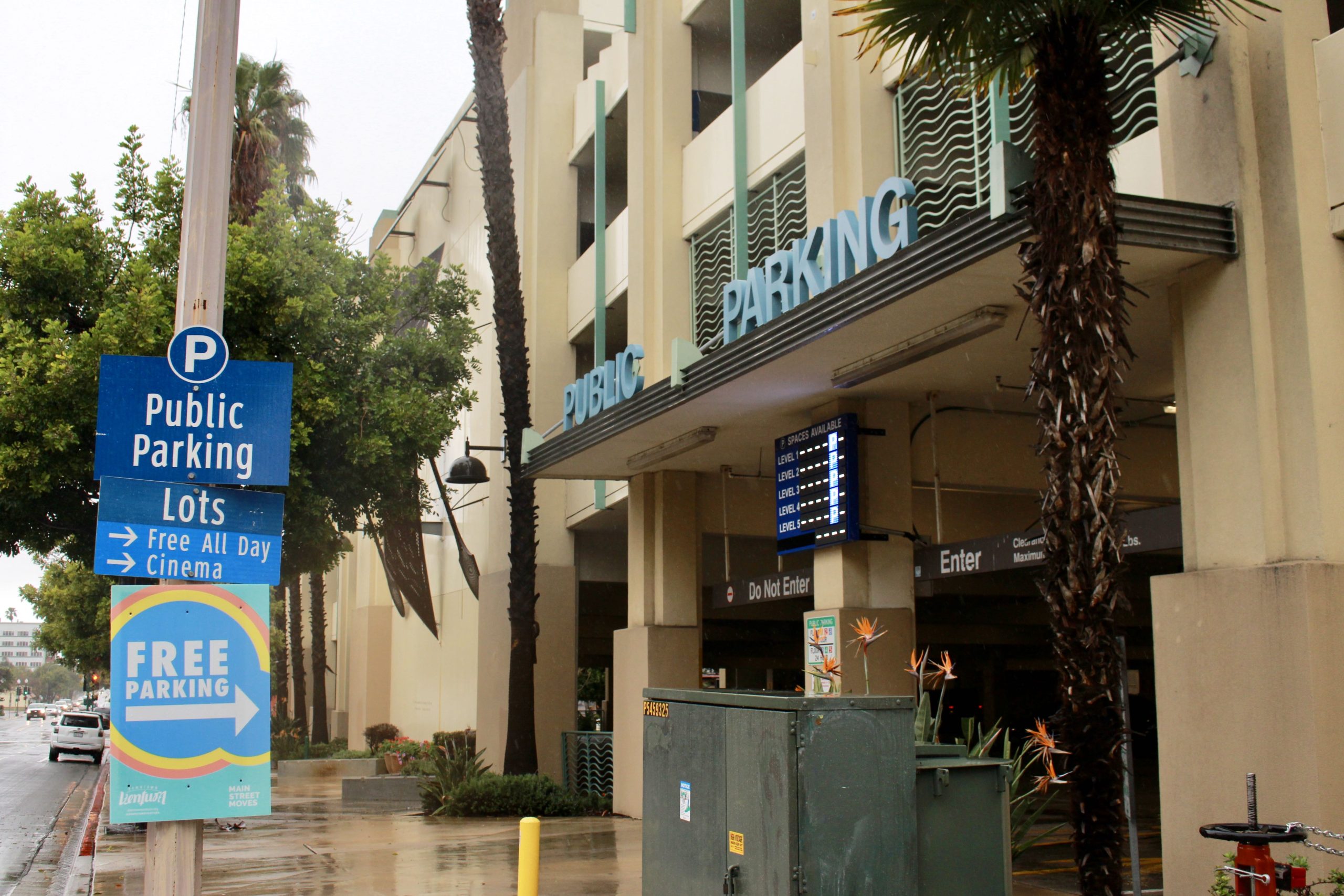
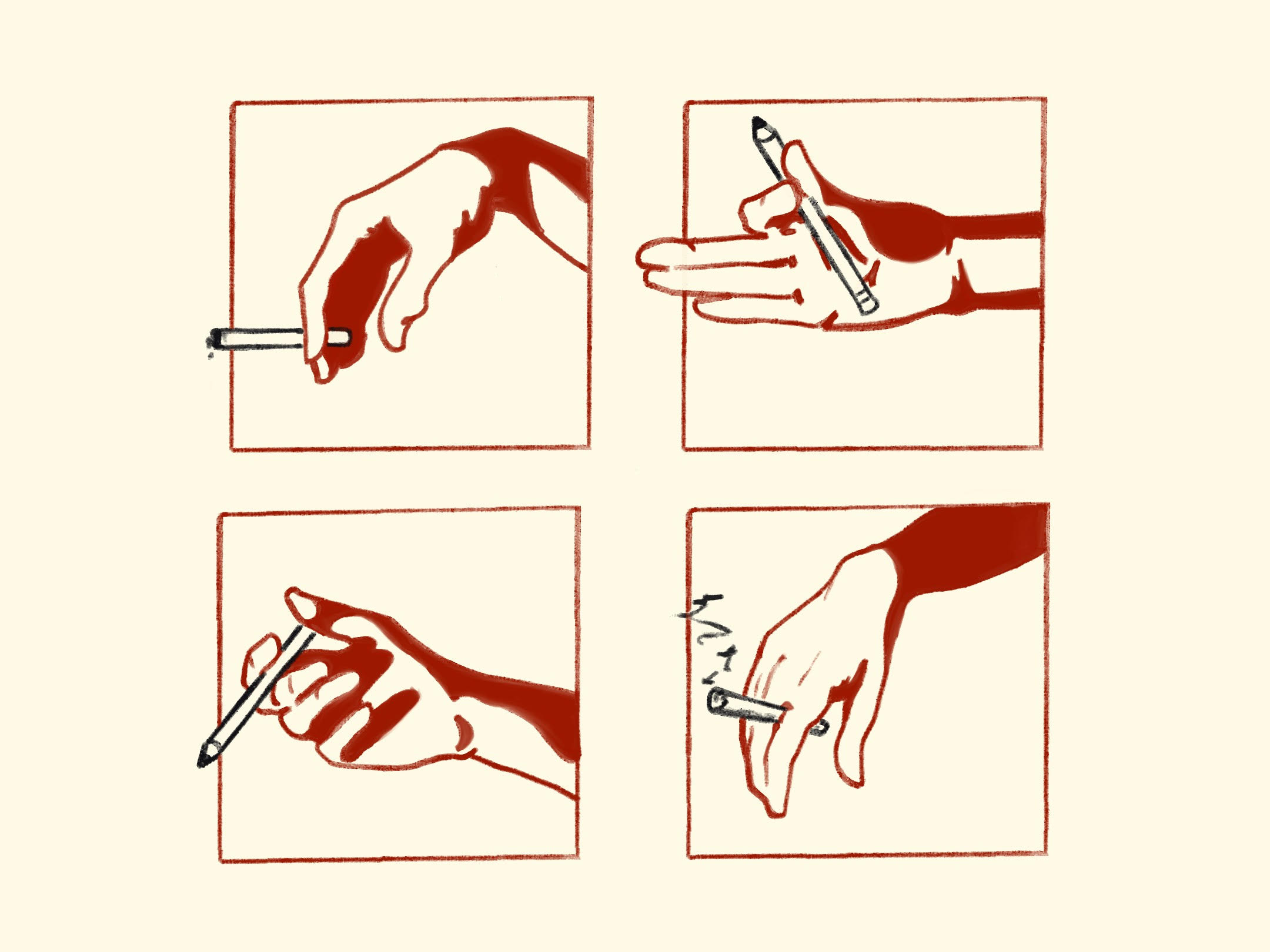


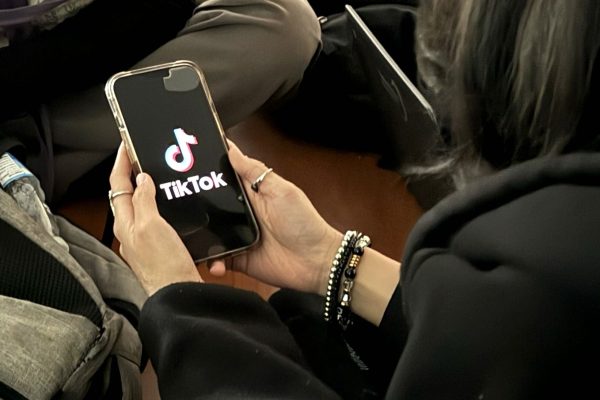
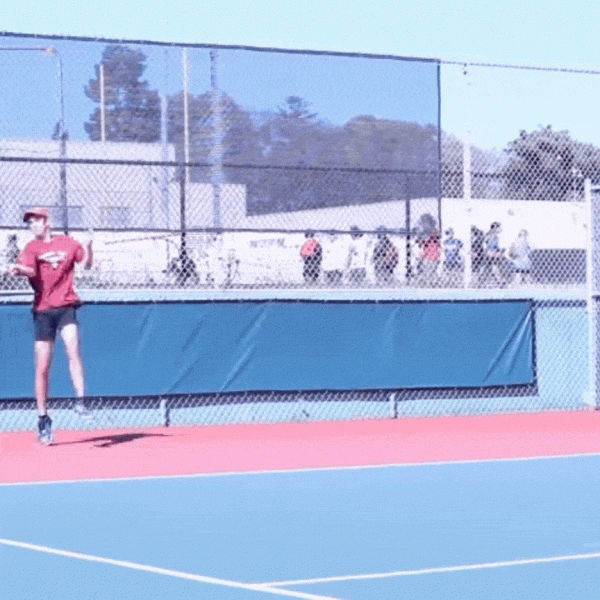

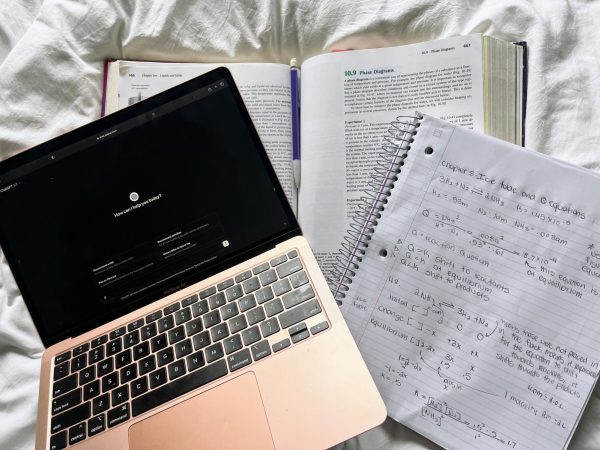
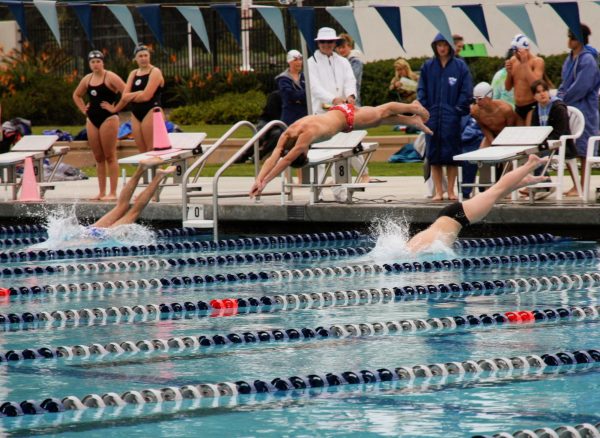
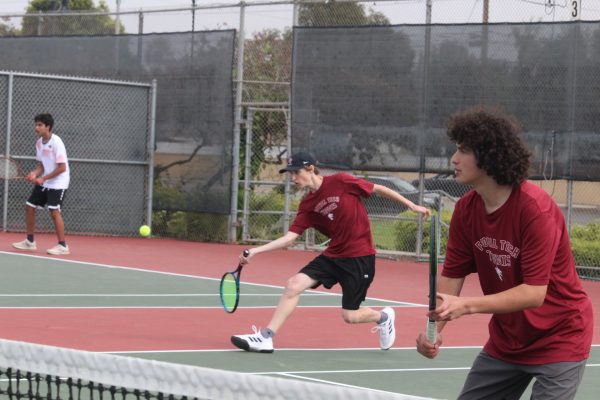
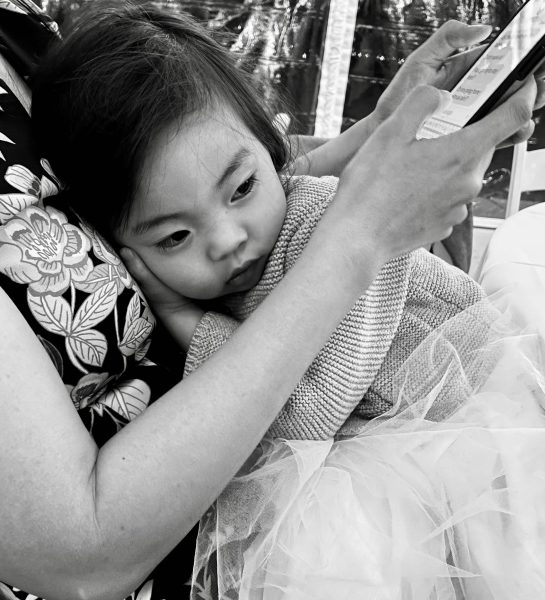
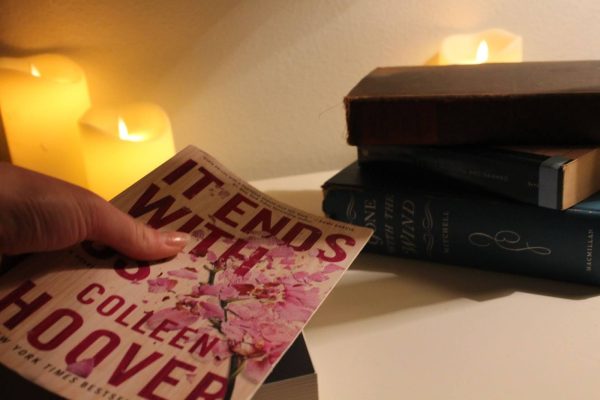
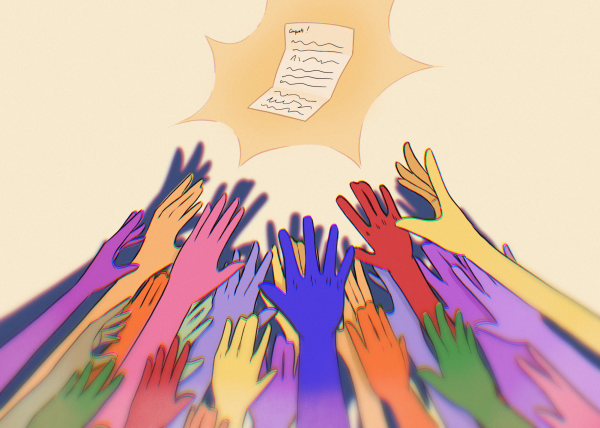
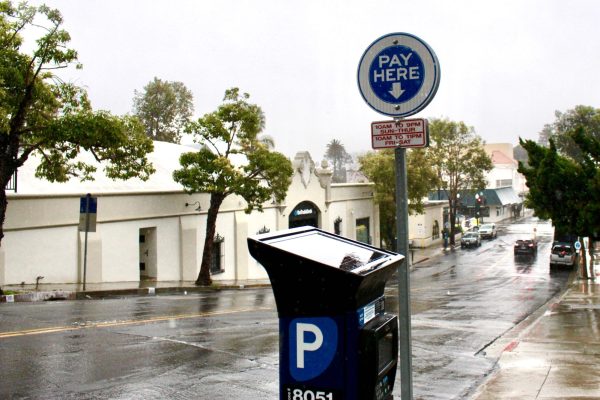



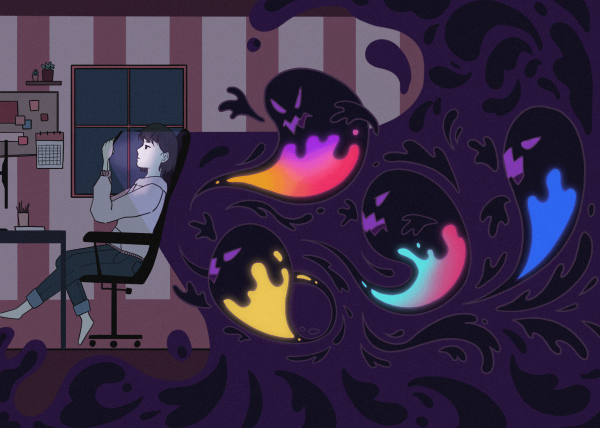
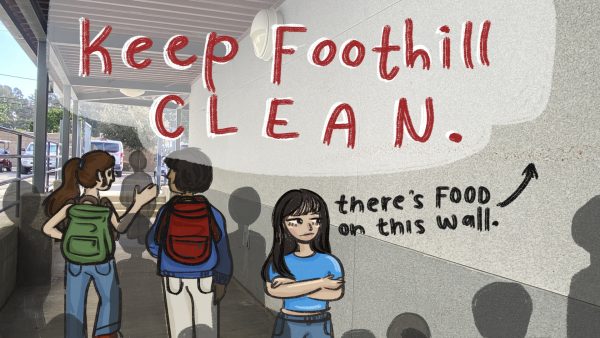
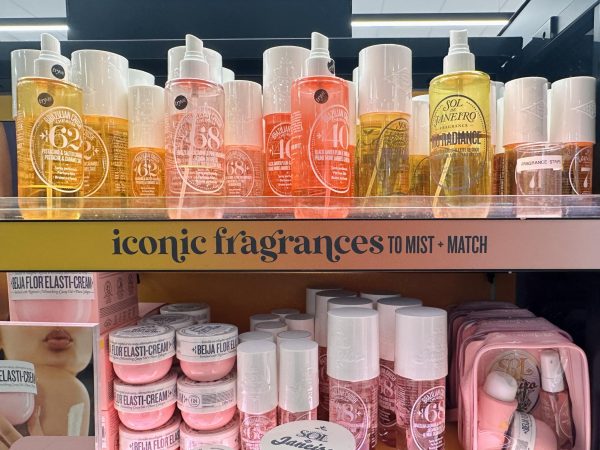

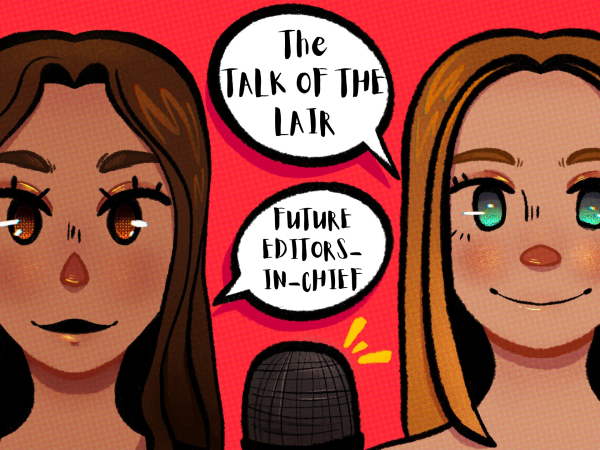


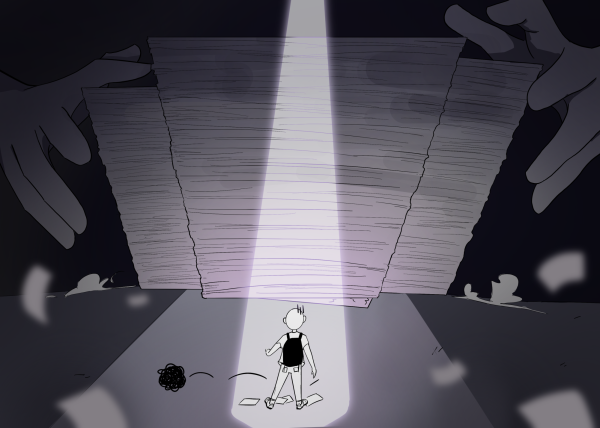
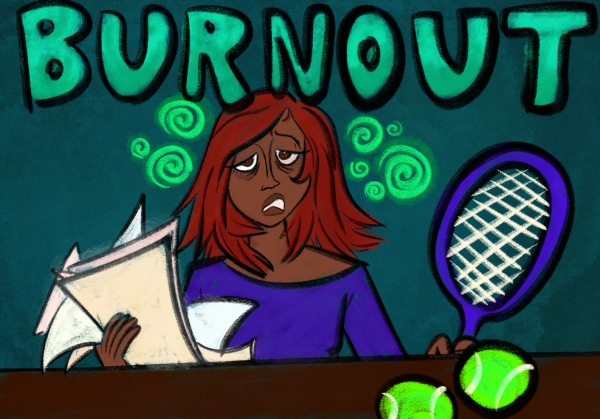
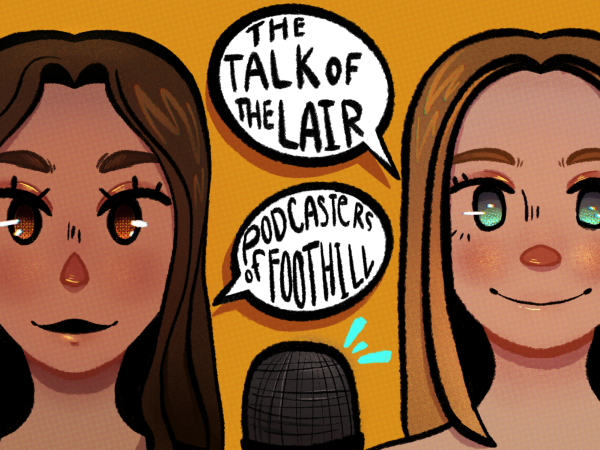



Beans jr • Dec 18, 2018 at 7:53 am
We live in a society
Tula • Dec 18, 2018 at 1:00 am
The end with this. If they want their celebration then all other minoirties deserve one too. Respect for life, religious believes, dreamers and so many I can think of. Some believe they special because their suffering, guess what, we all suffer in one way or another. They claim respect yet they don’t give it back. Let’s just be civic, respect but no impose our believe or eighhts. Is lgtb is allowed in schools I demand to have
My children to be allowed to use religious signs, nationality, etc , all or none. And that Chang girl owes her principal an apology, her article besides of wrong was bar written, naive and attacking.
Bella Bobrow • Dec 17, 2018 at 7:34 pm
After reading this, I do feel a tinge of embarrassment, but not for Rachel. I appreciate having these opposing opinions up on the site, but I’m just going to have to strongly disagree with you.
First of all, I think this article would be much improved by limiting the speculation on what Rachel would and would not support based on what you think about her. If your argument has enough merit, you should be able to voice it without belittling another staffer by pretending her opinion is a result of “miss[ing] the facts.” Also, do you really feel like this headline captures your argument?
You’re right, it’s great that Pride Week happened. However, it does not appear that the QSA chose to host Pride Week – they stepped up to the plate because ASB was not allowed to. That is at least the impression I got from the three previous articles. Is there a budget out there somewhere? Was the money spent on this event out of ASB’s pocket? Or did the QSA raise it themselves? If ASB’s funds or materials were used to put on this event, it seems to me that the same rules should apply for signage as other ASB events (which proudly sport the logo).
Let’s say ASB gave the event to the QSA, and because of a dusty old Ed Code that said club events can’t have the school logo, the designs were amended. That sucks, and I can’t remember a single time it happened when I was at school, but fine.
My question is this: why was ASB forced to hand leadership over to a club that appears to have only existed for a few weeks? The answer’s right in the first article published on this topic – the school was “assailed with parent complaints” that accused the school of taking a political stance.
But wait – this would mean that the real problem isn’t a t-shirt logo but the politicization of queer bodies! Homophobia at Foothill, who would have guessed? Existence is only political when acknowledgement and respect are first denied. People say this is getting blown out of proportion, but the “but Foothill IS liberal” narrative has gone on for far too long, and I’m glad to see it finally challenged. “People get offended too easily nowadays” is an annoying way of saying “I’m not allowed to abuse my privilege anymore.”
And as for “Principal Bova doesn’t owe anyone anything?” I think leadership comes with a lot of obligations, like vocally supporting every student, listening to concerns when they are voiced, and justifying actions with policy. We will not forget how this administration failed to apologize for another major injustice against a vulnerable community two and a half years ago.
I support taking this issue to the School Board to see if they stand with admin’s decisions. After spending this whole month proving their devotion to the queer community, I expect they’d weigh in rather favorably towards a school-sponsored Pride Week, but you’re welcome to prove me wrong.
Can I venmo someone in ERB for a bunch of coffees right now? I’m guessing you guys need it.
Noah Hilles • Dec 18, 2018 at 7:52 am
Unfortunately Bella, ERB meetings have been abolished along with the autonomy of the student journalist to participate in the leadership of the class.
Anonymous ? • Dec 17, 2018 at 6:51 pm
youre a mad lad Alex
doing god’s work
Anonymous • Dec 17, 2018 at 4:01 pm
Well written, well supported.
Thank you for your opinion, Mr. Dodos.
Concerned reader • Dec 17, 2018 at 3:51 pm
I think your article may have been more effective if you would have tried to actually do some research and prove your point instead of just attacking Rachel Chang. It’s also never a good strategy to try to attack and demean a person instead of their argument. I’m honestly surprised such a poorly written and ill-informed rant was posted on the Foothill Dragon Press. Most newspapers will at least have a fact checker. If it weren’t for writers like Rachel I’d say the publication had lost all of its reputability and ability to publish quality content. It’s writers like you that have made the FDP no longer be considered among the top tier of high school journalism programs.
Benjamín Shapïro • Dec 17, 2018 at 9:04 pm
Mr/Mrs ‘Concerned Reader’, I would like to ask you, how is he not supporting his argument with research? He mentioned multiple legal and board policies, while simultaneously providing where he had received them from. I find it ironic how you attempt to degrade his argument and insult his writing, when your hypocritical commentary itself is lacking any substantial meat behind it, so to speak. He did not merely attack Rachel Chang as you have suggested, his argument provided clarity to the situation and provided a lens to the see through the eyes of the administration. I can see arguments for both sides being angry, however it appears that your blind support for Ms. Chang has clouded your judgement. Your statement about the FDP losing quality, and the implication that Ms. Chang is the only well spoken writer is quite small minded. I would enjoy it thoroughly if you were to reply, as I would enjoy dismantling your arguments further; It would appear that they are made of toothpicks and marshmallows already.
anonymous • Dec 17, 2018 at 3:29 pm
“white police officers matter more than the lives of unarmed black individuals who are killed without reason.” All lives matter how could you discriminate race when you think you’re being oppressed in reality no one cares if you are gay, straight etc. everyone is equal.
Mack • Dec 17, 2018 at 10:21 am
Very good Alex. Finally a level head regarding this whole situation. You logically and factually answered all of Chang’s accusations (as well as others) in a mature and non-inflammatory demeanor. With these accusations answered I hope that Chang would submit a public apology to Mr. Bova, Foothill administration staff and to the Foothill student body. Any news outlet, including the Dragon Press, must hold and be held to high standards of truth and integrity. There is no shame in withdrawing an article if it cannot hold to those standards. If anything, it will strengthen the Dragon Press’ standing.
Anonymous • Dec 17, 2018 at 5:41 pm
Not gonna lie… I read “very good Alex” like Hannibal the cannibal says “very good Clarise”
Hannah Yale • Dec 17, 2018 at 10:08 am
While I understand that school clubs are legally not allowed to sport school logos on their club t-shirts, I would like to point out the inconsistencies of the school in not endorsing political stances. You point out that the rainbow flag is a political symbol that cannot be affiliated with the school. Why then was it okay for the screen afront Spirito Hall to display a Blue Lives Matter flag? If the school is going to enforce its neutrality policies in the instance of Pride Week, it must enforce them in all other instances as well. The school, while perhaps not actively oppressing LGBTQ+ students, is actively promoting the movement and idea that the lives of white police officers matter more than the lives of unarmed black individuals who are killed without reason.
Anonymous • Dec 17, 2018 at 5:30 pm
If I remember correctly, the sign displayed in front of the school was a sign of respect for the officer who died during the Thousand Oaks shooting, and not related to the “blue lives matter” movement any more than having an officer stationed at our school.
Abbey Bufford • Dec 17, 2018 at 10:08 am
I’m pretty sure the Foothill Pride shirts were initially created by ASB, not the QSA— which happened before the Foothill QSA club even existed. I don’t know if you don’t remember, or just decided to ignore the order of events?? Also ASB is a class and an official program of Foothill, so in this case I don’t think your arguments about clubs have any relevance.
Mack • Dec 17, 2018 at 12:41 pm
If you remember an earlier article by the Dragon Press and “linked” in the above article, ASB created the shirts without knowing the VUSD rules about separation.
Abbey Bufford • Dec 17, 2018 at 3:33 pm
I understand. However, this article states that the t-shirts with Foothill’s logo on them were against the rules because they were created by a club, which is incorrect unless you define ASB as a club (which it is not).
Hannah Yale • Dec 17, 2018 at 3:45 pm
ASB created the shirt design AS A CLASS (which you have said many times that only class shirts are allowed to have school logos), and were then told that the event could not be held through ASB and had to be held by a club (QSA).